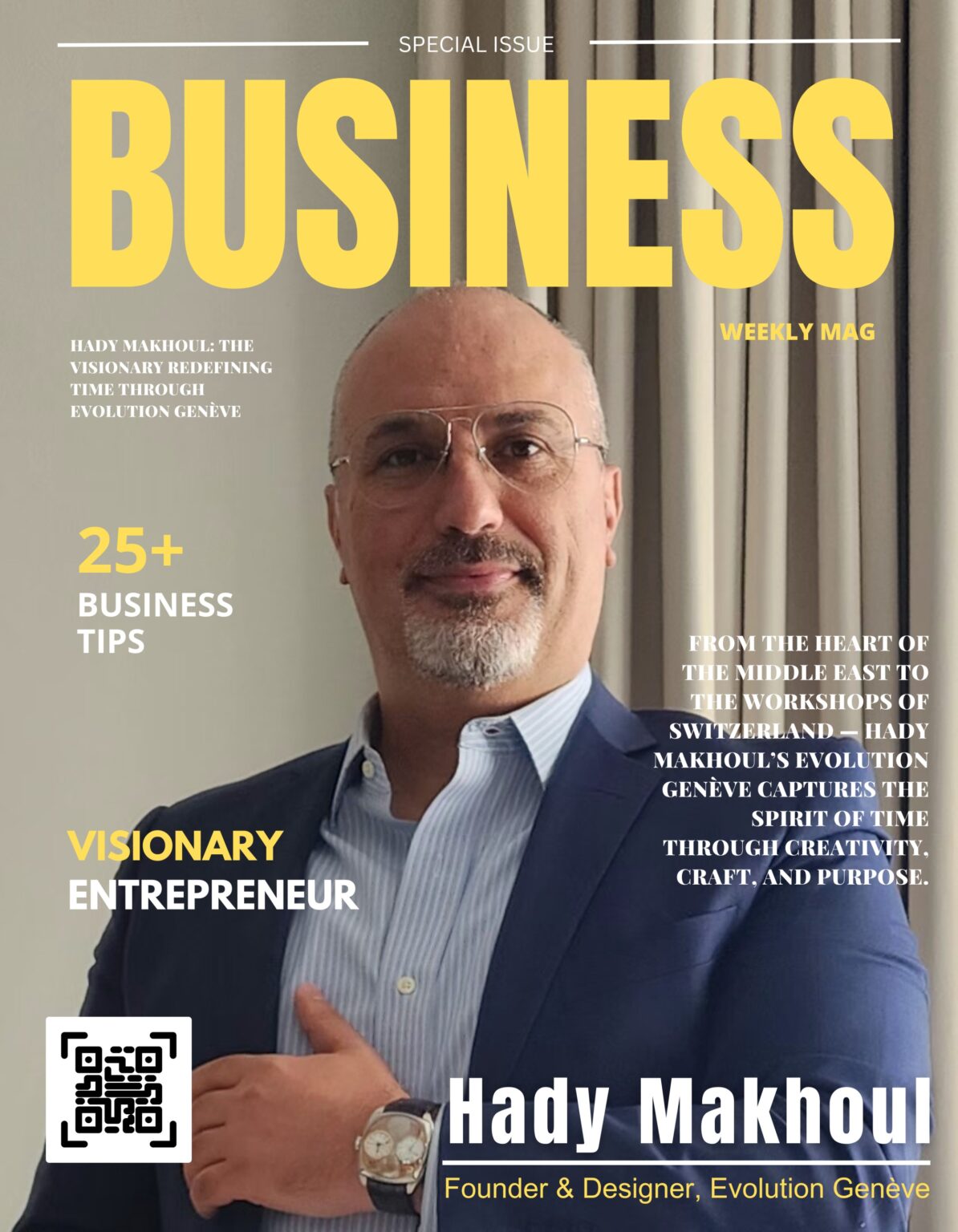Introduction: The New Face of Entrepreneurship
The world of entrepreneurship is undergoing a profound transformation in 2025. Traditional business models are giving way to innovative approaches driven by technology, changing consumer behaviors, and a focus on global impact. Entrepreneurs today are not just chasing profits; they are building purpose-driven companies that blend profit with positive social change.
This evolution marks a dynamic shift that is reshaping the future of global business.
The Rise of Digital Entrepreneurs
Digital transformation continues to dominate entrepreneurship. Startups in 2025 are largely digital-first, leveraging technologies like artificial intelligence, blockchain, IoT, and big data to create smart solutions.
E-commerce, remote services, and app-based businesses are thriving as consumers increasingly prefer online interactions. Entrepreneurs are finding success not in traditional storefronts but in cloud platforms, mobile ecosystems, and virtual marketplaces.
Low-code and no-code platforms have further democratized entrepreneurship, allowing even non-technical founders to build scalable tech companies with minimal upfront investment.
Sustainability at the Core of New Ventures
Sustainability is no longer optional. In 2025, entrepreneurs are embedding eco-friendly practices into their business models right from inception. Whether it’s creating products made from recycled materials or offering carbon-neutral delivery services, businesses are aligning themselves with environmental goals.
Investors and consumers alike prefer brands that show a genuine commitment to sustainability. Green startups are witnessing record funding rounds, and industries like clean tech, sustainable fashion, and plant-based food alternatives are seeing an explosion of entrepreneurial activity.
Global Market Access: Breaking Geographical Barriers
Thanks to advances in logistics, payment systems, and communication technologies, entrepreneurship in 2025 is more global than ever. Startups can now sell products or offer services worldwide with ease.
The digital nomad culture has also given rise to global entrepreneurs who operate from multiple countries, tapping into diverse markets without the need for physical presence.
Crowdfunding platforms like Kickstarter, Indiegogo, and regional equivalents have empowered entrepreneurs to raise funds from a global audience, validating ideas internationally before product launch.
The Gig Economy and Micro-Entrepreneurship
The gig economy is reshaping what it means to be an entrepreneur. In 2025, more individuals are choosing micro-entrepreneurship paths—becoming consultants, freelancers, digital creators, and solo founders.
Platforms like Upwork, Fiverr, and Substack provide infrastructure for individuals to launch businesses based on personal expertise or content creation.
The flexibility, autonomy, and lower barriers to entry make micro-entrepreneurship appealing, especially among younger generations seeking independence over traditional 9-to-5 roles.
Women and Minority Entrepreneurs: A Surge in Representation
Diversity is finally taking center stage in the entrepreneurial ecosystem. In 2025, more women, minorities, and underrepresented groups are starting businesses and securing funding than ever before.
Accelerators, incubators, and venture funds focused on minority and female founders are providing the necessary resources and mentorship to level the playing field.
Initiatives like Goldman Sachs’ “10,000 Women” and Google’s “Black Founders Fund” continue to empower entrepreneurs from diverse backgrounds to scale globally.
Venture Capital and Funding Trends in 2025
Venture capital is evolving too. Investors in 2025 are more cautious yet more interested in sustainable, impact-driven ventures rather than speculative, high-burn startups.
There’s a growing trend towards micro-VC funds, crowdfunding, and revenue-based financing, offering entrepreneurs alternative funding routes that don’t require giving up large equity stakes.
Decentralized finance (DeFi) is also disrupting traditional fundraising, enabling startups to tokenize assets and raise funds globally without traditional intermediaries.
Social Entrepreneurship: Profit With Purpose
Social entrepreneurship is not just a buzzword anymore—it’s mainstream. Entrepreneurs in 2025 are focusing on creating ventures that address critical issues such as climate change, education, healthcare access, and economic inequality.
Companies like TOMS Shoes and Warby Parker set early examples, and today countless startups are building models where social impact is intertwined with profit.
Governments and NGOs are increasingly partnering with social entrepreneurs to tackle global challenges, creating even more opportunities for purpose-driven innovation.
Artificial Intelligence as the Ultimate Co-Founder
AI is no longer just a tool; in many ways, it has become an entrepreneur’s co-founder. In 2025, AI assists entrepreneurs by writing business plans, designing products, analyzing markets, and even handling customer support through intelligent chatbots.
Startups are using AI to automate complex tasks, predict customer behavior, personalize marketing, and optimize logistics. As a result, entrepreneurs can focus more on vision, creativity, and leadership.
Future entrepreneurs who integrate AI into their operations from the outset are positioned to scale faster and operate leaner than ever before.
Entrepreneurship Education: Shaping the Next Generation
Entrepreneurship education has also evolved. Universities worldwide are offering specialized programs focused not only on business basics but also on innovation, design thinking, sustainability, and technology integration.
There’s a surge in online entrepreneurship courses and masterclasses led by successful founders, making high-quality education more accessible.
Young entrepreneurs in 2025 are entering the market better prepared, equipped with both technical and business acumen from a very early stage.
Conclusion: The Entrepreneur of 2025
Entrepreneurship in 2025 is defined by agility, technology adoption, global perspective, and social responsibility. Entrepreneurs today must be innovators, technologists, and changemakers rolled into one.
As technology evolves and societal challenges intensify, the most successful entrepreneurs will be those who can create businesses that not only make profits but also make a difference.
The future belongs to entrepreneurs who are ready to adapt, learn, and lead with a vision that extends beyond personal success—towards building a better world.















